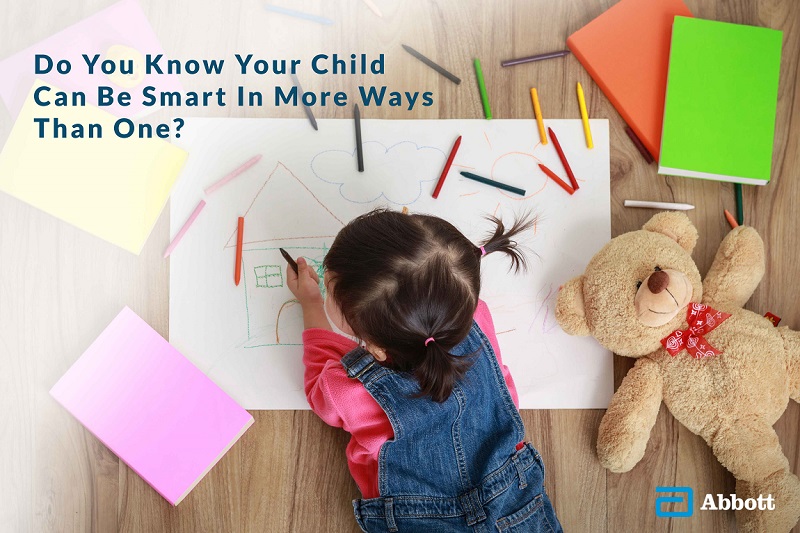The Marshmallow Test is an experiment conducted by psychologist Walter Mischel, to determine whether your child will succeed in life. Over time, he discovered children who could hold on to greater rewards had better development, self-control, and self-worth later in life1.
Notice how the test doesn’t predict grades in school. Succeeding in life is about many types of smarts.
What smarts, you ask? Keep reading.
Can your child appreciate pictures in 3D?
So your child can doodle stick figures on a colouring block. Can your child describe shapes to you with hand gestures or recognise his or her way around the house? As your child grows up, he or she needs to sense where things are in space, predict motion, and sense comparative dimension of objects.




